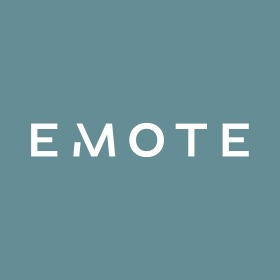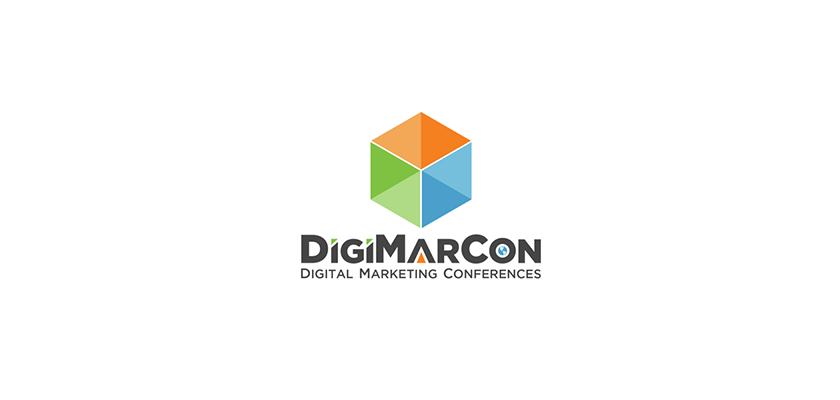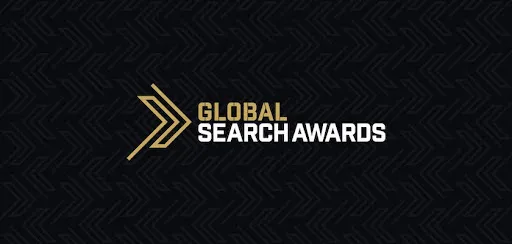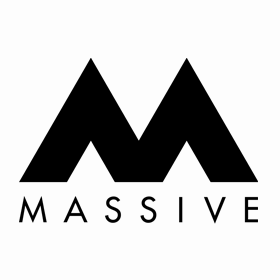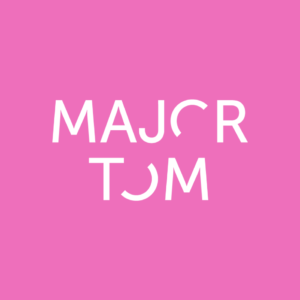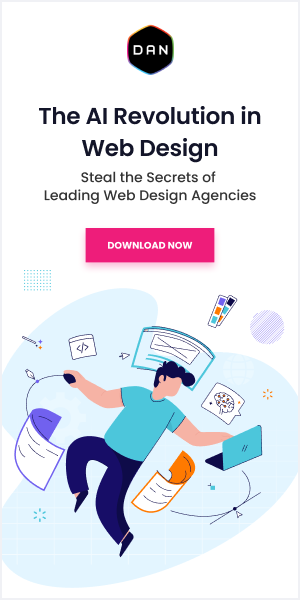
Web 3.0 – How Will It Transform The Digital Marketing?
The impact of Web 3.0 on digital marketing will be noteworthy.
The evolution of the internet has been progressing without slowing down. There have been turning points in the structure of the internet. We started with Web 1.0, which was the base of the web. That was the first version that was static and not open to user interaction. Then, it turned to Web 2.0, which was more dynamic and user-driven.
Now, we are at the edge of another breaking point: Web 3.0.
According to significant research,
- 70% of people do not feel in control of how websites use their data, and moreover,
- 83% of the people believe Web 3.0 will improve their happiness and well-being.
Web 3.0 consider all of these remarks to develop itself.
It enforces significant changes in every aspect of our digital lives. It will change user behaviors, data security, privacy regulations, control over digital traces, the accuracy of prospects, and so on.
One of the substantial transformations will be in digital marketing. Web 3.0 marketing insists on organizations going through their customs.
In this article, we reveal two topics broadly:
- What is web 3.0?
- How will web 3.0 transform the digital marketing industry?
Now, let’s begin to discover Web 3.0 and which transformations it brings.
What is Web 3.0?
Web 3.0 is still improving and does not have a particular and frozen definition. But it can be described as a version of the World Wide Web decentralized and constructed on artificial intelligence, machine learning, and the semantic web. Moreover, it uses a blockchain system and keeps users’ information secure.
The general idea of Web 3.0 is transparency, openness, and data privacy. It is not based on a central authority in data ownership and offers freedom for all internet users through its open-source software.
Using machine learning and artificial intelligence allows for an internet experience that is more personalized and user-based. According to Tim Berners-Lee, the inventor of the web, the semantic web is also a crucial part of Web 3.0.
We can have a closer look at the characteristics of Web 3.0:
Blockchain Technology
This technology is the base of Web 3.0 because all features are established on it.
This system connects blocks of information that cannot be changed, erased, or captured—every block of information links to each other from the past to the previous. Therefore, when a block is created, it links to the other blocks and fastens in the chain. This makes the blockchain the system of recorded information that can be expanded but cannot be disrupted.
This decentralized chain is the guarantee of security and privacy of user information.
Artificial Intelligence and Machine Learning
Artificial intelligence is a version of machine learning. It allows computers to act half-autonomously. This autonomy is what Web 3.0 adjusts to the real world.
Artificial intelligence and machine learning algorithms have many benefits for organizations and individual users. For example, it can ease users to reach what they need and help organizations make golden forecastings.
These algorithms recognize the patterns of users and can compare these patterns to detect the optimum. Therefore, better search assistants will filter and provide the best options to the users.
Web 3.0 applies artificial intelligence to guide any kind of decision-making process. It can access limitless information on the web, discriminate the accurate data from the rest and come up with accurate and consistent provisions.
Decentralized Network
In Web 3.0, data is decentralized, which means users own their data.
Decentralized data networks allow data generators to use, sell or trade their data while maintaining ownership. So, for instance, technology giants like Google or Meta cannot use and control users’ data without their permission. So, ownership is essential to protect the privacy of data.
Also, Web 3.0 protects the real-life identities of users. It prevents the connection between users’ online presence and their real-life physical identity. So the user will be protected when they prefer to be anonymous while posting or shopping on the internet without worrying about being traced to their real-life identity.
User-Generated Content
Web 3.0 is open to user-generated content.
This web version enables users to generate content even if they are not the platform owner. They can create and publish content freely. This network is accessible to all users regardless of their characteristics.
Further, it is free from a central authority that monitors and restricts the behaviors of individual users. It may be risky, but indisputably, it opens a vast freedom space for the users who generate content.
3D Virtuality
3D graphics are commonly used in the services in Web 3.0. Every sector has given a more prominent seat to 3D virtuality daily. Computer games, virtual reality tours, virtual commerce and marketing, and so forth use this feature effectively.
Web 3.0 enables and encourages this process. It allows for designing more realistic and immense virtual worlds for users. VR and Metaverse will be the essentials of Web 3.0.
The Semantic Web
Web 3.0 aims to enhance free interaction between users. The Semantic Web takes a step ahead and enables computers to interact with users.
The machines which can read and analyze internet data are the primary basis of the Semantic Web. When the computers comprehend what data means by understanding the context and relations, this will improve user experience and the connectivity with the accurate data on the web.
How Will Web 3.0 Transform the Digital Marketing Industry?
Web 3.0 is completely changing the digital marketing industry with its blockchain technologies, transparency, and data privacy.
It also gives marketers various opportunities to build customer trust and connections. User-generated content, data ownership, and decentralized resources are substantials of these opportunities.
Transformations in digital marketing by the features of Web 3.0 are as the following:
- Digital marketing will be open to user-generated content
- The users will own their data and keep their privacy
- Virtual communities will step forth
- Advanced experiences will be substantial
- Digital marketing should use dApps
- Artificial intelligence and the semantic web will takeover
We should go deeper to understand the transformation overall.
Digital Marketing Will Be Open to User-Generated Content
In Web 3.0, user-generated content becomes more and more valuable. Users are essential in this version due to virtual currencies, ownership of their content, and shared positions on platforms.
So, digital marketing will have to transform itself according to this new situation. This web version enables users to create their networks with any kind of device. Therefore, digital marketing should use this opportunity and integrate the users as content creators into the game to reach more customers.
Giving more credit to user-generated content will establish a trusting and authentic relationship between the marketers and their target customers.
The Users Will Own Their Data and Keep Their Privacy
It is a fact that the users will be more autonomous in Web 3.0. The ownership of personal data will be on the user, and they will have the right to sell or trade it.
Which way the marketers collect and store users’ data has to change considering these conditions. Besides, the targeting and personalization will also be affected by the privacy regulations.
As marketers get familiar with blockchain technologies, they also need to find solutions to get data from the users without violating consumer privacy.
Virtual Communities Will Step Forth
Web 3.0 focuses on the interaction between the users, and it advances the connection. Therefore, virtual communities will be more significant as the communication and interaction between individuals enhance.
It is crucial for digital marketing to be present in these communities. The marketers should enter the channels to reach these virtual communities and access their customers.
Also, they should benefit from artificial intelligence and machine learning to analyze the patterns of these communities.
Advanced Experiences Will Be Substantial
In the age of Web 3.0, digital marketing has to focus on advanced user experiences like interactivity and 3D experiences because the user experience is the most crucial feature of this new world.
The customers want to have unforgettable and impressive experiences. So digital marketing should offer them this experience through virtual and augmented reality and Metaverse. Virtual experiences will connect the customers to the brand and bring the brand a step forward in the digital marketing industry.
So, what will differentiate your brand will be the immersive and advanced user experience in Web 3.0.
Discover more about digital marketing and Metaverse.
Digital Marketing Should Use dApps
Digital marketing should embrace dApps (decentralized applications) instead of apps in Web 3.0.
Since the centralized data collection methods will be far away with Web 3.0, the marketers must focus on creating decentralized applications based on blockchain technologies. DApps enable marketers to protect user privacy, avoid censorship, and have unlimited development opportunities.
Namely, one of the significant transformations in digital marketing will be dApps.
Artificial Intelligence and the Semantic Web Will Takeover
Web 3.0 will direct digital marketing to use artificial intelligence and the semantic web effectively in a wide area. Marketers will need to use open data sources through artificial intelligence algorithms to target audiences since third-party cookies will not be available.
Consequently, digital marketing will create more consistent and personalized content for its consumers through these algorithms.
Additionally, the semantic web helps digital marketing to move in a broad perspective. For example, using a semantic approach, creating content based on an entire topic with details will catch the users’ search. Thereby the marketers can understand consumer behaviors better and develop strategies.
We are marching toward a future where people have absolute power and control over their data and privacy. Expanding impact of the blockchain system, artificial intelligence, machine learning, the semantic web, and virtual reality technologies lead us on this journey.
Eventually, Web 3.0 is the turning point. Transparent use of data, more personalized and accurate insights, freedom for users, and decentralized and shared networks are the basics of this new web. It encourages every platform and business to orient themselves.







